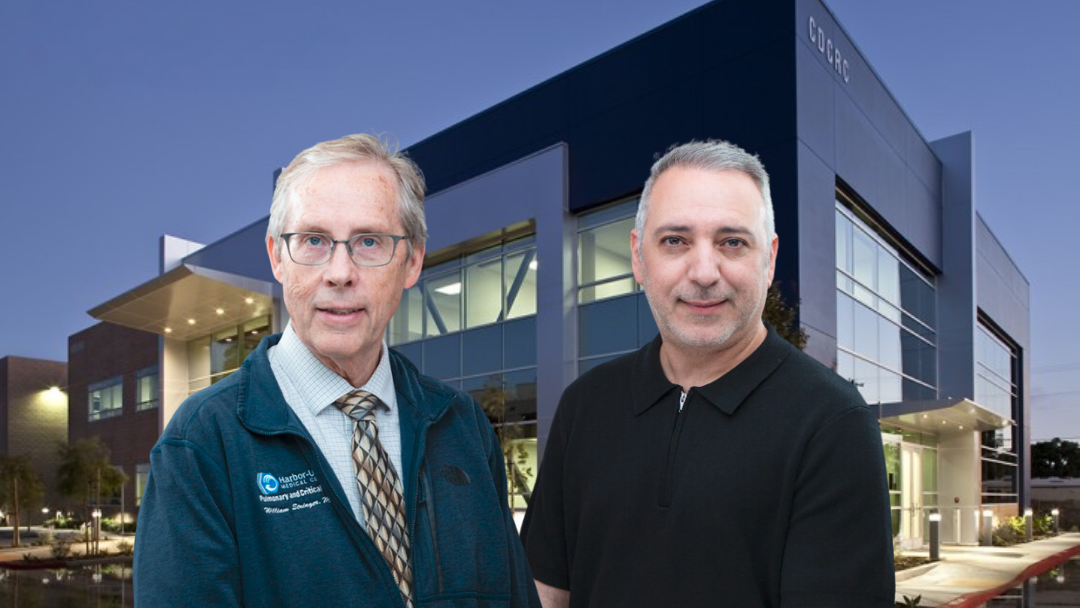Investigating the Roots of Long COVID
Investigators from The Lundquist Institute, Asghar Abbasi, PhD, and William Stringer, MD, sought to understand whether viral persistence acts as a potential mechanism responsible for ongoing symptoms in individuals long after their initial infection with COVID, a condition commonly referred to as “long COVID.”
Abbasi and the team collected 56 blood samples from 14 adults who continued to experience symptoms such as fatigue, shortness of breath, and exercise intolerance an average of 17 months after first contracting COVID-19 (SARS-CoV-2). The researchers focused on extracellular vesicles (EVs), tiny sub-cellular particles circulating in body fluids such as blood that can carry proteins, RNA, and other molecules throughout the body.
Key Discovery: Persistent Viral Fragments in EVs
Working in collaboration with researchers at the TGen Institute in Phoenix, the team used advanced mass spectrometry to detect fragments of a SARS-CoV-2 protein, specifically the viral fragment Pp1ab, inside EVs in all participants with long COVID. In contrast, this Pp1ab viral fragment was not found in blood samples collected before the pandemic.
These findings may suggest that even long after the initial infection, EVs continue transporting remnants of the virus replicating mechanism throughout the body. This lingering viral material may be responsible for the ongoing symptoms experienced by some people for months or even years after recovering from COVID-19.
A Path Toward Better Understanding
Further research is needed to determine how accurately this EV biomarker can distinguish long COVID from other conditions. However, these results offer new insight into the underlying causes of long COVID symptoms. In the future, testing for SARS-CoV-2 fragments in EVs (as well as other peptides) could help confirm a long COVID diagnosis and lead to new diagnostic and therapeutic approaches.
To read the full article from the journal Infection, click here.
Support the Work of The Lundquist Institute
Breakthroughs like this are made possible by TLI teams of dedicated scientists and clinicians working to solve today’s health challenges. Consider supporting The Lundquist Institute as our researchers continue to pursue discoveries that will improve health and change lives.
